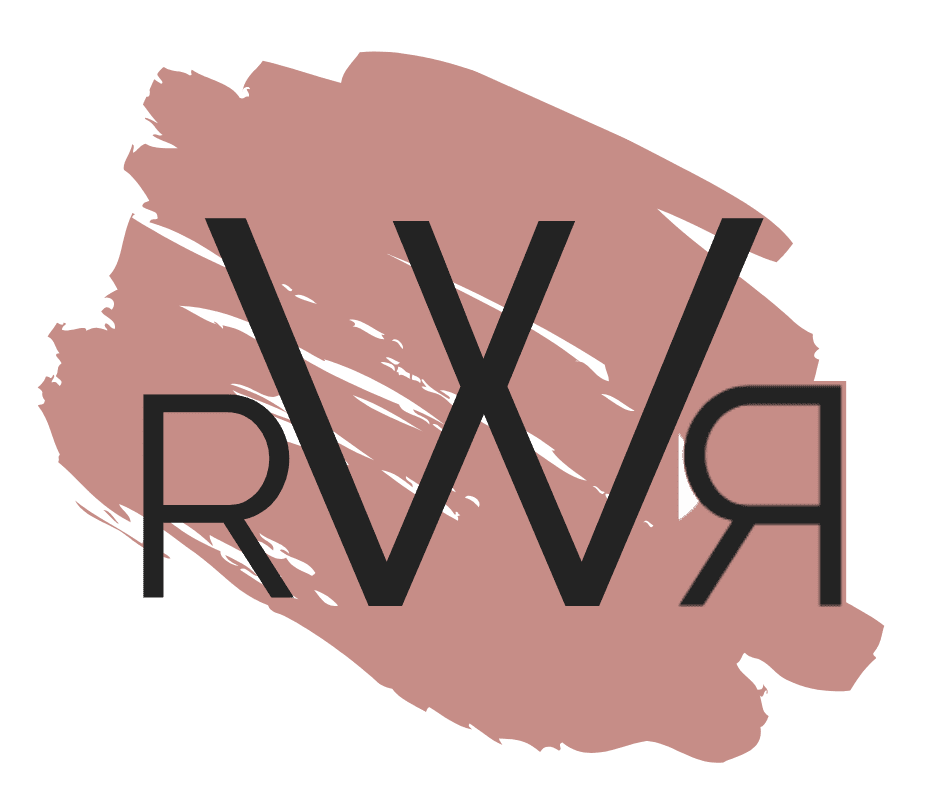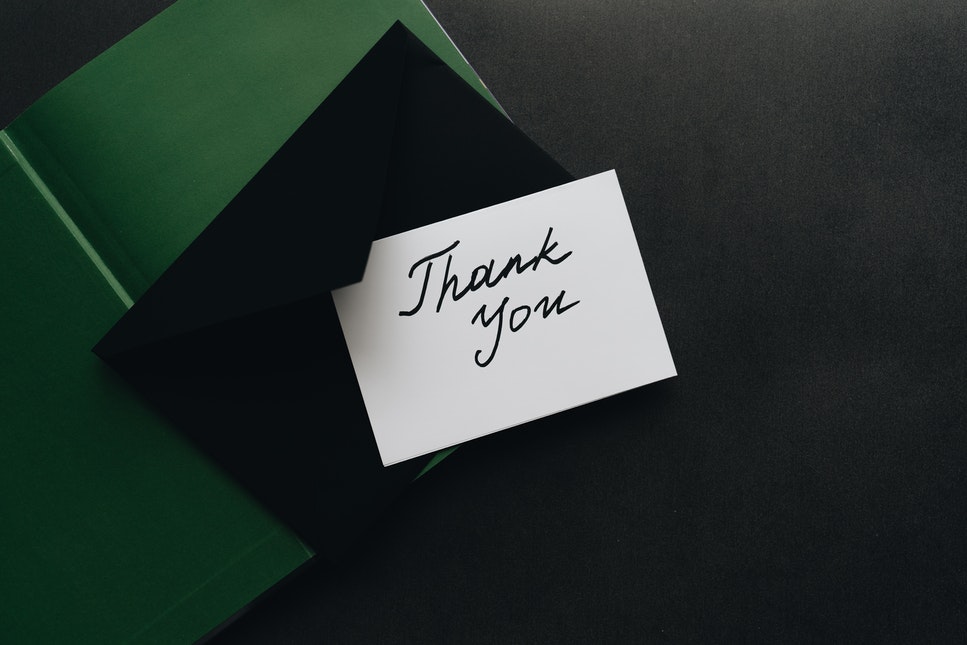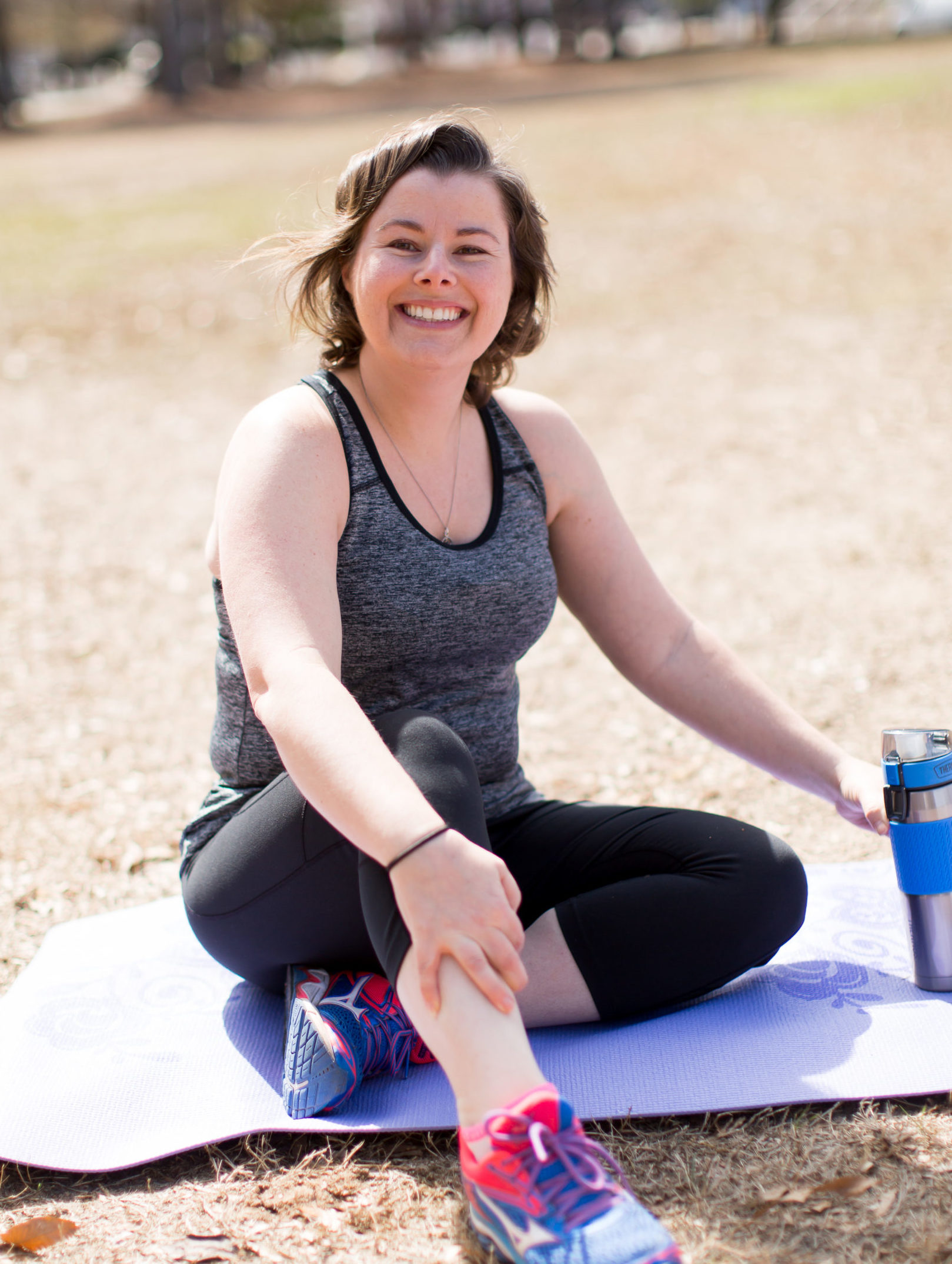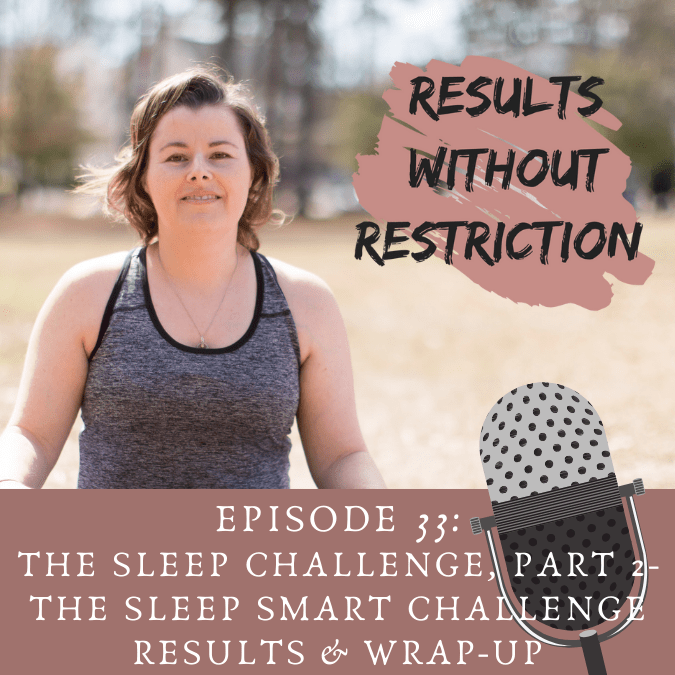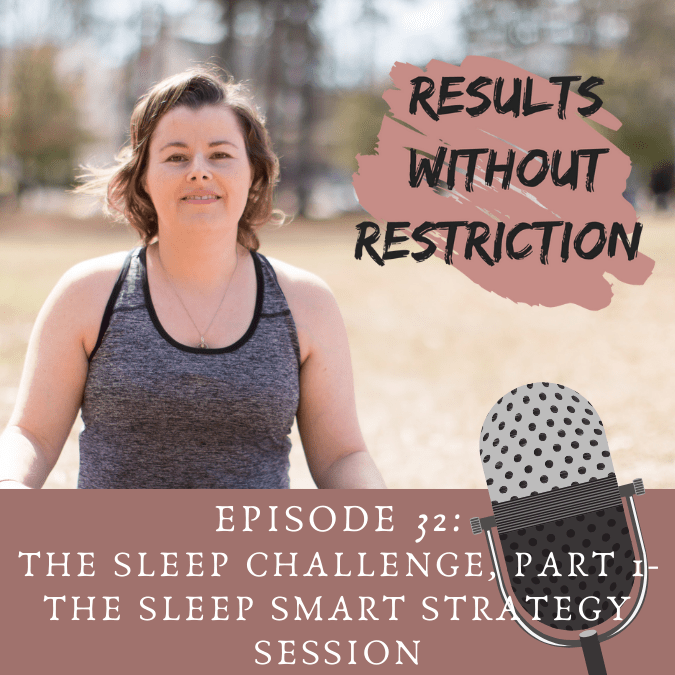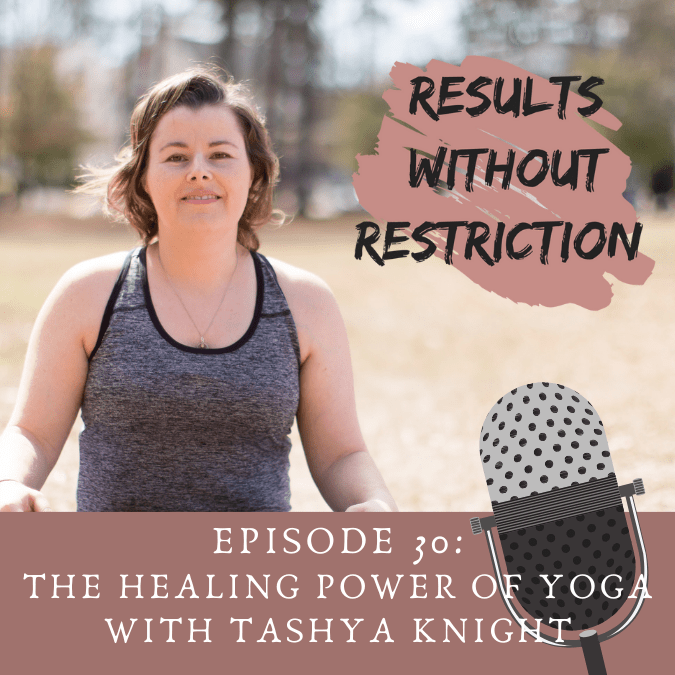Subscribe: Apple Podcasts | RSS
In this episode, I’m welcoming Teri Patterson (The Sober Nutritionist) back on the show to talk about Dry January, what it is, and how taking a mindful break from alcohol and approaching it with curiosity can lead to a new awareness about how alcohol is impacting your health and wellness.
Key Takeaways:
- Growing Awareness: The awareness and participation in Dry January have significantly increased in recent years. In 2021, about 13% of Americans considered participating, while in 2022, this number rose to 35%, indicating a growing wellness conversation around mindful breaks from drinking.
- Non-Alcoholic Beverage Industry: The rise of Dry January has led to an increase in non-alcoholic beverage options, with major companies introducing alcohol-free products to support the movement.
- Mindful Break from Drinking: Dry January is not about depriving oneself but about taking a mindful break from alcohol. Shifting the mindset from deprivation to gaining new ways to honor the body is a more empowering approach.
- Potential Benefits of Dry January:
- Improved energy levels
- Reduced anxiety
- Better sleep
- Less brain fog
- Enhanced mood
- Skip the goals, set Intentions: Instead of setting rigid goals, focus on setting intentions. Ask yourself why you want to participate in Dry January and how you want to feel at the end of the month.
- Curiosity and Mindset: Approach Dry January with curiosity. Pay attention to any challenges, cravings, or shifts in mindset. Curiosity helps suspend judgment and fosters a more positive experience.
- Common Dry January Misconceptions:
- Some may see Dry January as a way to prove they don’t have a drinking problem. It’s essential to recognize that willpower alone may not lead to lasting change; tools and support are crucial.
- That one must complete the full 31 days, or the effort is wasted. Each day offers valuable data points to guide the journey.
- Benefits Beyond January: February 1st is not the end; it’s an opportunity to ease into the insights gained. Use journaling to reflect on the experience, revisit initial intentions, and design the post-January period intentionally.
- Rediscovering Fun Sober: Challenge the myth that “sober is boring.” Reconnect with activities and experiences without relying on alcohol. Engage in hobbies, socialize, and find joy in the absence of alcohol.
Quotes:
- “If sober is boring, you’re doing it wrong.”
- “We have to ask ourselves, is that true? What happened when I was 10 and I was running around in the backyard playing with my friends and we were playing doorbell ditch and laughing and hoping we didn’t get caught or running through the sprinklers. Where is that person? That person is still inside of us.”
- “February 1st is not the, you know, you don’t put the key in the lock and now I’m out of jail. Imagine February 1st as the time to just ease into the information that you’ve gained and allow yourself to say. Okay. Wow. That was really interesting.”
Resources Mentioned:
- The history of Dry January
- The Alcohol Experiment Journal (Amazon affiliate link) – https://amzn.to/3TGpNjm
- The Alcohol Experiment (Amazon affiliate link) https://amzn.to/3vojE0R
- The Luckiest Club
- Smart Recovery
About Teri:
Teri Patterson is a Functional Nutritionist and a This Naked Mind Senior Coach. Teri blends her knowledge of nutrition with her passion for living an alcohol-free life into a unique business as The Sober Nutritionist.
Teri’s mission is to help her clients discover how drinking less can be the key to better health. Teri is also the host of the popular podcast The Sober Edge, Inspiration for Alcohol-Free Living and the creator of the brand-new SELF Experience, a place for women after alcohol who want to build a life by design, not by default.
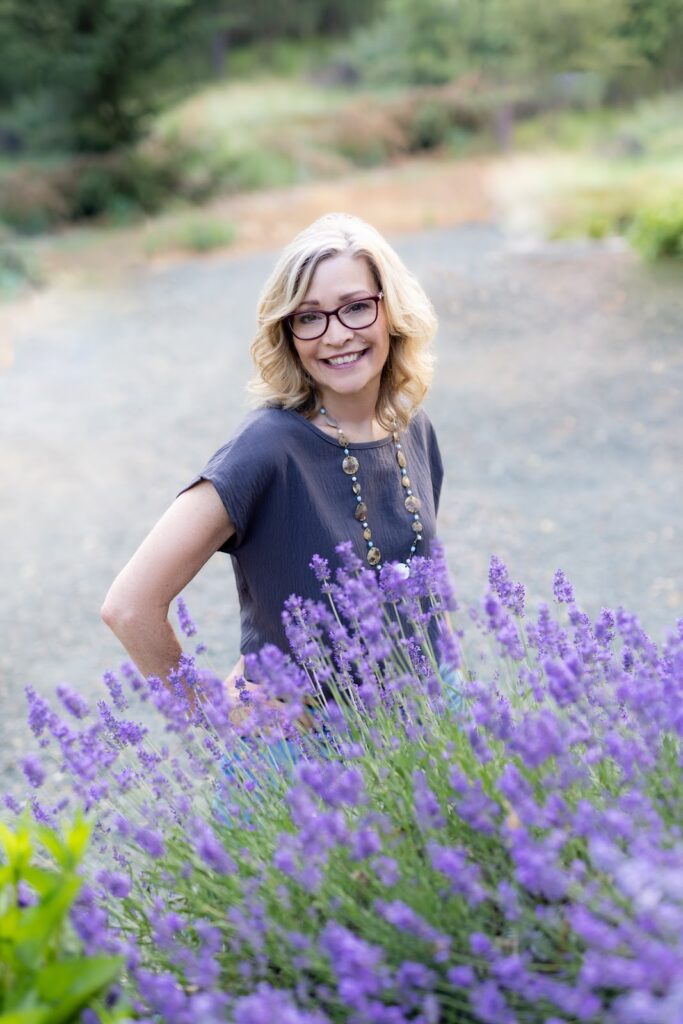
Connect with Teri:
-
On her website: https://thesobernutritionist.com/
-
On Instagram: @teri.thesobernutritionist/
- Download Teri’s Free gift: Drinking Through the Decades
Stock up on New NA Beverages!
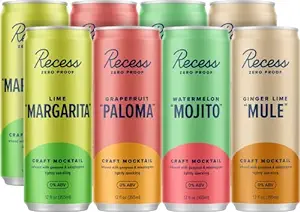
Recess Zero Proof Sampler
Craft Mocktails, Alcohol Free Drinks, With Adaptogens, Non-Alcoholic Beverage Replacement, Mixer, (12 pack sampler has 3 of each flavor: Lime “Margarita,” Grapefruit “Paloma”)
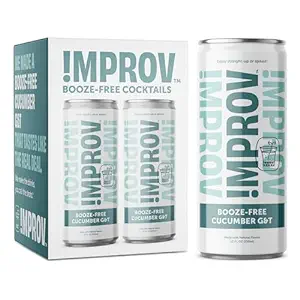
IMPROV Booze-Free Cocktails
12oz Non-Alcoholic Beverage, Mocktail Drink Mixer, Vegan, Gluten Free, Zero Proof (4-Pack) (Cucumber G&T)
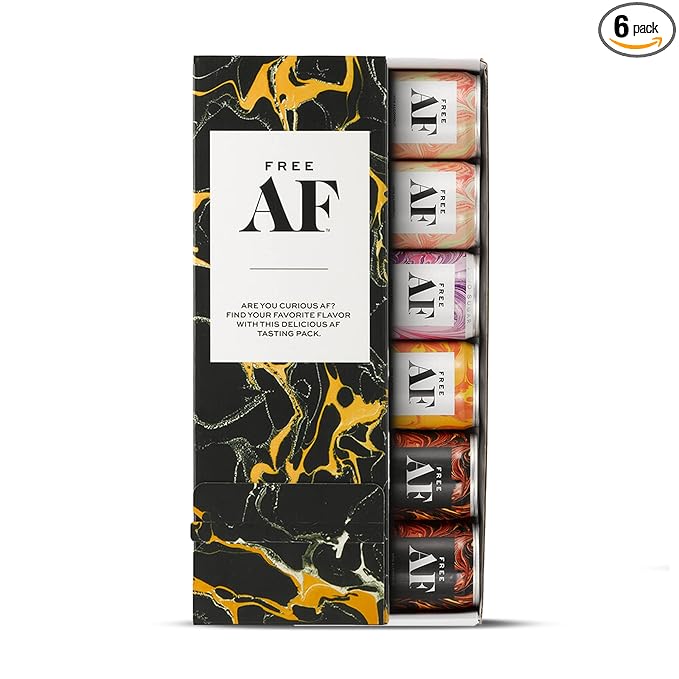
FREE AF TASTING PACK with Afterglow™
Non-Alcoholic Cocktails | No Artificial Colors or Sweeteners, Gluten Free, Low in Calories, Low in Sugar, 8.4fl oz Cans, Flavors May Vary (6 pack)
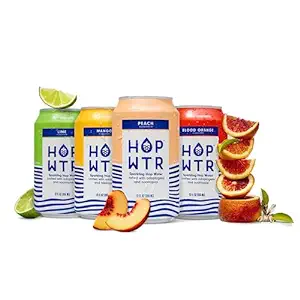
HOP WTR
Sparkling Hop Water – Variety Flavor Pack (12 Pack) – NA Beer, No Calories or Sugar, Low Carb, With Adaptogens and Nootropics for Added Benefits (12 oz Cans)
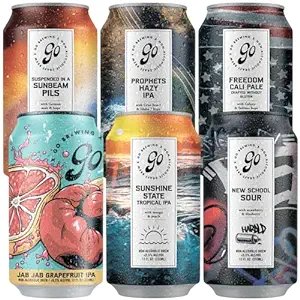
Go Brewing 12 Mixed Pack
Non-Alcoholic Craft Beer, Classic Ingredients, Featuring Multiple Flavors, Assorted Varieties, Low-Calorie Alternative Beverage Choices – 12 Fl Oz Cans
Episode Transcript:
Laurie: Welcome, everyone. Today, Teri Patterson, also known as the Sober Nutritionist, is back on the show, and she’s here to chat with us about Dry January, what it is, and how taking a mindful break from alcohol and approaching it with curiosity can lead to a new awareness about how alcohol is showing up in your life and impacting your health and wellness.
Welcome, Teri.
Teri: It’s so nice to be here. I’m excited to be back on your podcast and having a conversation around dry January.
Laurie: You are like my expert on very compassionately examining our relationship with alcohol and what it means and how it shows up and looking at all the ways that it’s impacting the different areas of our life. So I’m excited to dig in with you as we’re coming up to January. And a lot of people will be participating in the Dry January. So I really want to get some information out there for people to help them participate successfully, however it looks for them. What we’re going to start with is in case anybody doesn’t know what is dry January and why it’s becoming more popular in recent years.
Teri: Yes, we see the roots of dry January actually from 2013 when a British organization called Alcohol Concern, they actually started a charitable fundraiser around taking a 30 day break from drinking alcohol. And the reason they picked January was of course, because traditionally people might want to make some healthy changes.
But the other interesting part is they did it because the pubs and the bars don’t get as much business during January. So they thought, Oh, this is a good time for people who aren’t necessarily going out to the pub so much. To take a mindful break from drinking. And so that’s really the roots of it. And it was done to help raise money.
And, uh, it’s been fascinating because the movement has grown since then. And now it is absolutely huge. And I was looking up some statistics because what we see in the United States, it’s really interesting in these last few years as awareness. around taking a mindful break from drinking has become more popular.
We see these dry January numbers just increasing exponentially. So in 2021, we had about 13 percent of the American populations say, yes, I’m considering, or I am going to participate in dry January. And in 2022, 35 percent of Americans said they wanted to participate. So you can see that the awareness, the wellness conversation around taking a break is really growing.
And to support that, we’re seeing a lot of companies jumping into the non alcoholic beverage industry, seeing big names now like Heineken Zero, for example. Everyone is coming out with their own version of an alcohol free product to support this movement.
Laurie: I have noticed that, Teri. I’ve seen so many ads just in the last year popping up everywhere for non alcoholic versions of alcoholic drinks for people who want to feel like they’re still social or they still can have that drink, but without the alcohol impact.
I was going to say too, that In January, we tend to see a lot of, like, the pendulum swing. So, like, December is a big month for indulgence. People like to eat a lot of special foods and, and they tend to maybe not move as much. They’re out of their regular routine. And by the end of December, people are at a point they’re like, I just want to get back into doing the things that I normally do that make me feel good.
Sleeping more, moving more, eating the foods that I’m used to eating on a regular basis that make my insides feel good. We see that pendulum go from like really enjoying to [00:04:00] restriction. I’m going to start a diet. I’m going to start cutting out all these foods starting January 1st. I have a resolution. I’m not going to do X, Y, Z.
If you’ve been a big drinker over the holidays, it’s probably one of those things that people are just like, Oh, I really overdid it. Maybe I need to take a break, or maybe I need to kind of look at what this means.
Teri: Exactly. And so we often want to be like, it’s like an alcohol timeout, you know, so I’m going to take this time out and alcohol is the enemy and you know, and, and I’m, I’m deprived.
I’m sitting over here in the no fun corner, not drinking for the month of January. Right. And so. It, again, when we go back to mindset, it’s really powerful to think about what we’re gaining versus what we’re giving up because we can maybe look at it as deprivation and that’s just not going to serve us in the long term.
So it’s so much more powerful to say, Oh my gosh, I found new ways to honor my body.
Laurie: 100 percent because when I went vegan, like 150 years ago, it feels like, at the time it was more like. I approached it with curiosity. What would happen if I took 30 days where I didn’t consume this? How would I feel? Would I feel better?
I’ll give myself permission. As soon as you say, I can’t have, I can’t, like it’s off limits. Your brain goes, Oh, I have never wanted that more in my entire life than I do right now. But if you kind of approach it with here’s, you know what, I’m going to see how it feels and just keep my mind open and be aware of like what’s going on here and there and just make note.
How does that feel in my body? Right. So approaching alcohol the same way, what you’re gaining could be, you know, better digestion, better sleep, more energy, more friends, more clarity, like all of these great things can come from this that you wouldn’t experience necessarily if you don’t take that break or approach Dry January with that curiosity. I love that you mentioned that.
Teri: It’s also interesting too, as you say, we, we want to be mindful that when we go from indulgence to restriction that, you know, we need to have time for our mindset to catch up. And one of the things I really love about dry January is it’s no longer feels like something that gets sprung on us. January 1st, we now see a lot of opportunity to sort of prepare and think about it and plan and have some intention behind it.
And we’re also seeing that it’s not, uh, you’re not an outlier. Any longer when you choose to participate in dry January, I think if you pay attention, your listeners and all of us will notice more people say, Oh yeah, I’m going to take a month off.
I’m going to, um, you know, participate in dry January and it’s now seen as positive. It’s no longer like, Oh, I have a problem. I need to take a break from alcohol.
Laurie: I love that. It’s just taking a step back and saying, I’m not the only one doing it. We’re all doing this together. It’s a positive thing. It doesn’t automatically mean, you know, you have any kind of label around your alcohol consumption, but we’re being curious about how this is showing up for us.
So you talked about a couple of things that I really want to dig into. When we participate in Dry January, we go the 31 days, cutting back on alcohol and examining the impact that it’s having, what are some benefits, either mentally, physically, after the end of that experience?
Teri: So it depends on if people really are able to go 31 days not drinking, you’re going to have different effects than if you cut way back.
Like, let’s say you have your couple glasses of wine every night, which is perfect. Very common. And let’s say you decide I’m only going to drink once a week. You’re going to experience some benefits for sure. Because anytime we take what is basically a toxin out of our system, we’re going to feel better.
Uh, and if you are able to go 31 days with no alcohol, you’re going to exponentially feel even better. And so one of the things I think is really powerful is just notice if it feels challenging. To not drink. That’s one of the first things that happened for me was I thought, well, I’ll take a break and cut back because I realized that, you know, I was drinking more than I wanted to.
I was feeling kind of crappy a lot of mornings. I just didn’t like that. My brain kept saying, well, when’s the next drink? When’s the next drink? So when I tried to cut back, that’s when I realized, oh, this might be a little bit more of an issue than I thought. So I think inviting people to just get really curious about, is this, A challenge for me.
Is this feel hard? Am I feeling more cravings mentally, physically? And so I think that is a really important part of this. And then once we do cut back, we’re going to start seeing things like we’re going to have more energy. We’re going to have less anxiety. One thing that people don’t often realize is that alcohol creates more anxiety because of the adrenaline and cortisol releases in our body.
And so sometimes we think, well, when I drink, I feel less anxiety or I drink because I’m stressed. And initially because alcohol is both a stimulant and a depressant, we do get a little bit of that buzzy euphoric feeling. And we might feel like, Oh, I’m not so stressed, but that lasts a very short period of time.
And then the depressive. Parts of alcohol last much, much longer. So we’re actually Increasing anxiety when we drink so people often notice. Wow, my mood feels a little lighter they’re gonna notice things like potentially within a couple of weeks, you’ll have hopefully better sleep and We’re going to notice less brain fog lots of different effects.
Laurie: That’s really interesting the beginning of your comment was depending on what the goal is. Is it to abstain completely? Is it to cut back? Can we talk a little bit about how to realistically set a goal for dry January and what that might look like?
Teri: Yeah, I love this question. This is so good because I like to think of rather than setting a goal, which sometimes looks like very black and white, you know, I succeeded if I made it 30 days, I failed because I only made it 10 days and then I had a drink.
I like to help people set an intention and an intention allows us to have sort of, how do I want to feel? What is my motivation behind taking a break? And so for people to be successful, I think it’s really powerful to bring in some curiosity because curiosity helps us suspend judgment. And what I love about this is you said, I want to participate in Dry January.
I would ask to tell me why. And you might say, well, I hear there’s a lot of benefits to cutting out drinking and I’ve been drinking a little bit more than I want to, or I’m noticing that. I’m thinking about alcohol more than I want to. And so we can start right there and say, well, great. How do you want to feel at the end of January?
And you’d say, Oh, I want to feel proud of myself. I want to feel motivated to take on more health challenges. I want to sleep better. I want to be able to go to the ladies book club and say, no, thank you when they pass the wine. So I think those are all really important things to bring in. So we’ve taken it from a very black and white, I’m going to go 31 days without drinking alcohol into something that is personal to you, the individual.
And that can make a huge difference in how we follow through with that stated goal.
Laurie: I do see this too with eating and creating these food rules and things and they start out with black and white, I’m going to do this, I’m not going to do this. And then three days in, if something is such an ingrained habit that they didn’t even realize, and it’s so.
It’s hard for them to not do the thing they want to do or to do the thing they don’t want to do. It becomes a failure point and it’s completely devastating mentally and it throws off the whole experience. Then they’re quote unquote starting over, they failed. So I love that you’re saying, look at the intention.
How do you want to feel? Let’s Let’s reverse engineer this process from where you want to end up instead of trying to power through something that might not really be a good fit for you. And it might actually set you up to be worse off than maybe you are now. And, and really feeling worse about yourself, about the whole thing.
So I love that you’re, you’re reframing it as a, an intention versus a hard and fast goal of XYZ, I’m going to do this, I’m not going to do this. So I love that. Let’s talk about some of the misconceptions that people might have about participating in Dry January.
Teri: I think a lot of times people will have a mindset that if I can take 30 or 31 days off, that means I don’t have a drinking problem.
I’m going to prove to myself that this is not an issue. And what I find sometimes is you can go probably 30 days with just willpower. You can avoid all the usual places. You can suffer through this idea of depriving yourself. And then on February 1st, let’s bring out the cocktails because I did it. Let’s celebrate with alcohol.
This is something that. people will do because they are not building in the tools behind the taking a break. So we can change our behavior for a short period of time, but [00:14:00] willpower, as we know, will run out. And so it’s really important to have The mindset, the habit change, the intention, you know, the routines to get support in all of these areas if we want to make this more successful and we want to come out the other end, you know, saying, wow, I learned a lot about my relationship with alcohol.
I’m more curious in these ways. I have some maybe work to do over here. I felt really good. Um, and so, you know, If you’re considering dry January, I invite you to just look at the why, you know, am I trying to prove I don’t have a drinking problem? Well, anytime we ask is alcohol a problem for me, that’s a clue, right?
And so if that’s you, if you’re saying, wow, you know, maybe. This is a problem. I invite you to reverse that. Instead of asking, do I have a problem with [00:15:00] alcohol? Ask yourself, is alcohol adding anything to my life? Is alcohol serving me? Is alcohol making my life better? And that again is just an open ended curious question that allows us to say, huh, yeah.
Maybe it’s not. Maybe it used to be fun. And now I find myself drinking even though I don’t want to. And so we might think that dry January is this proving to ourself that, you know, I’m okay. And the reason I started there, Laurie, about your question is because a lot of clients have shared this with me.
Like I told myself, if I could take a month off, then all bets were off. I’m fine. And so I think the other misconception is that you’re, you have to go 31 days. Or that February 1st is now the goal. And so I invite you to stay mindful throughout the 31 days. Oh, I drank [00:16:00] on day seven. Oh, I drank on day nine.
Oh, I didn’t drink again until January 27th. And pay attention to those times when you felt like I really want to drink or I must drink, you know, or it just happened that I found myself with a drink in my hand. Like these are things that we can use during the month that look very different than the myth of I’m going to get through 31 days with, you know, no problem or to prove something to myself.
And it’s also really powerful to just allow that if you have, we call them data points. So if you have a drink, it’s information. What happened? Like if you’re running a marathon and you trip on mile three, you don’t start back at mile one. You just keep going. And so it’s helpful to drop the myth that if I have a drink, oh, well, I’m like half the other population.
I drank on day 10. It’s over. No. Use that information to guide you in the next 20 days.
Laurie: That’s really helpful, Teri, and I love that you mentioned your data points, because I was just going to say, I remember from our past conversation, instead of having that all or nothing, black or white, oops, I tripped and fell, it’s over, I’m starting from the beginning, approach it with curiosity, look at the situation, what were the conditions, what was the environment, what was the mindset, and then just look at that information and see what you can pull out of there.
I love that. One of the things that might be a challenge for somebody is that They are approaching Dry January. They want to participate. They don’t know anybody else who’s doing it. They don’t have a support group. They don’t have a bunch of friends that they can hang out with.
Teri: Well, I think what you’re mentioning here, Laurie, is really powerful is to have some support outside of ourself.
You know, one of the things that, uh, comes up when I’m working with clients around this journey is we spend a lot of time beating ourselves up in our own head. And so we could start to create a lot of stories around, oh, it’s not going well, or you’re never going to be able to do this. But when we’re in a group, we have the other person saying, I believe in you, I’m cheering you on, this is going well, you’re doing it.
And so it is so helpful to be in community during dry January, and it’s not hard to find a dry January community. There are going to be lots of opportunities. So I think we just start with asking Google, you know, what is available in my area? You could do it online. You can do it maybe in person. There might be a blended atmosphere where people say, hey, We’re going to have, um, hiking every Saturday morning during dry January so that you have a reason to get up at 6 a.m. Or 7 a. m. As opposed to, oh, you know, I drank on Friday night and now I, I’m going to sleep until 11 and I didn’t make the running group. So setting up a little accountability and a little companionship is really helpful. Laura McCowan has a group called The Luckiest Club. You can join that. I think it’s very inexpensive, $25 a month or something, and you could join that for dry January.
There’s free smart recovery groups, uh, that will be featuring some things for dry January. I did my first dry January as a leader, not an individual. And I guess I did my first dry January without even thinking about it in 2016 because I wasn’t drinking by then. But in 2020, I worked with This Naked Mind in their live alcohol experiment for January, and there was about 3, 000 individuals that came at that time who wanted to go through a 30 day program.
It’s very inexpensive, uh, to have coaching support, to see other people also experiencing this. One of the things that can happen, Laurie, is when we are drinking and overdrinking or drinking more than we want to, or questioning our drinking, we often think we’re the only one. And so when we see other people say, Oh yeah, you know, somehow five o’clock is really hard, or I do great, you know, Sunday through Tuesday.
And then what is it about Wednesday? And so when we have this support, it helps us get out of our own way. And helps us, you know, again, have that accountability and that support where other people are also going through the same thing. And we don’t feel so isolated. One of the other things I’ll say about having some accountability or some support is, uh, if you Don’t tell anyone, then no one knows if you’re doing well, no one is noticing.
No one’s cheering you on. Um, for example, I just recently, um, have been going through a health challenge of my own, so I had some food sensitivity tests and I can’t eat eggs right now and I can’t have dairy. And so I was talking to my daughter about a recipe to make some Christmas cookies and she was like, “Mom, You can’t make that. It has butter!” And I was like “Oh, you’re right!” But if no one knew I was trying to cut out dairy, I could just go about my business and pretend it wasn’t really happening. You know, and my brain, because we’re humans, we want to avoid discomfort, seek pleasure. I don’t make the cookies with butter and pretend I don’t have, I’m not supposed to be giving up dairy.
So some of that. External accountability is really helpful to just be like, Oh yeah, it’s like going to the gym and you’re in a group class versus going to the gym and just looking around and saying, well, I’ll do five minutes on the treadmill or I’ll lift the five pound weight. But when you’re in the group, it’s very different.
The instructor saying, pick up those 10 pound weights. You know, do this, do that. So use that as a motivation to help you through this dry January.
Laurie: So don’t do a secret dry January, make it, share it, share it with those around you so that they can help you, cheer you on, be those extra eyeballs and ears and shoulders.
Teri: And remind you of your, of your intention, like, gosh, you know, um, Let’s go for a walk. You don’t need a glass of wine right now. Let’s take a walk. And if you still want a glass of wine, have a glass of wine. But, you know, having that, I love the word secret. Yeah. Don’t, you know, save the secret Santa for December and have an out loud, public dry January.
Laurie: Loud and proud dry January. I love that.
Teri: People want to know, like, what do I tell people about not drinking? So dry January is awesome because people just say, Oh, I’m doing dry January. And everybody’s like, Oh, okay. It’s not that you have a problem. Everybody’s doing dry January. We touched
Laurie: on this a little bit, but maybe we can dig in a little bit more.
You said over here in the no fun corner. Right? So if we start to feel like, oh my gosh, if I take out drinking, what am I going to do?
Teri: Yeah, there is a huge myth out there, Lori, that sober is boring. And I like to say if sober is boring, you’re doing it wrong. Because what we realize is that we have. often built alcohol into all of the activities.
I mean, for example, you know, oh, we’re going to go on a picnic. Oh, get that special bottle of rosé so I can drink during the day. Oh, we’re going to baby shower. Well, we have to have mimosas, you know, oh gosh, we’re going to have pizza and watch the game. I need a beer. And so, What we’ve done is we’ve really trained ourselves to rely on alcohol, and then we see alcohol as the fun factor, but that’s not true.
Uh, I had a client who was very concerned in her mind. She thought, well, if I give up alcohol, you know, what really bothers me is I have this memory that I was in Italy and I was sitting out on the terrace with my husband and looking over the vineyards and the little old wizened old winemaker came out with this very special old bottle and he poured us this drink and it was magic.
You know, the moment was magical and I, I just can’t imagine never experiencing that again. And so what I told her was, I said, okay, so let’s imagine this. Let’s look at that bottle of wine that he poured for you. And I want you to think about taking that bottle of wine into your closet. And I want you to sit in the dark and close the door and have a drink of wine.
And then I want you to come out of the closet metaphorically and imagine being on this terrace in Italy. And. You can smell the flowers, you’re experiencing the warm afternoon sun, it’s a beautiful vista, you are sitting across from your husband who you are just gazing into his eyes thinking this moment is so magical, and the little old wizened man comes out and he pours you this special juice that they make from these old apples.
And you toast each other and you think, I’m, this moment is magical. So tell me, Laurie in that moment, was it the wine? Or was it the experience? So when we think about, you know, well, I have to have alcohol to have fun. We have to ask ourselves, is that true? What happened when I was 10 and I was running around in the backyard playing with my friends and we were playing doorbell ditch and laughing and hoping we didn’t get caught or running through the sprinklers.
Where is that person? That person is still inside of us. We just decided that we needed alcohol. So we had fun at some point in our life without alcohol and we can get there again and much of it is a mindset shift.
Laurie: Absolutely true. I love that. February 1st, Dry January is over.
Teri: Now what? First of all, February 1st is not the, you know, you don’t put the key in the lock and now I’m out of jail.
Imagine February 1st as the time to just ease into the information that you’ve gained and allow yourself to say. Okay. Wow. You know, that was really interesting. And now I’m at a new place. Now I have more information. I have new experiences and I really want to see what this means moving forward. And for many people, it will be a place of new awareness around the impact that alcohol has been having.
And, you know, I have lots of clients that come to me and they say, well, you know, I’m here at this place where I’m drinking more than I want to, that, you know, things are happening that I don’t like, I don’t feel as good. Now that I’m older, perhaps, you know, alcohol is having more of an impact. But they say, I don’t want to stop drinking forever.
And so, you know, this is a really important awareness when we say, well, what are the benefits of alcohol? If we took alcohol out for a month and we felt better and we found socializing wasn’t as hard and we enjoyed the community aspect. that. Do we really want to go back to putting a toxin in our body on a regular basis or every day?
So, you know, I invite people on February 1st to explore. Well, what does it mean? And one of the best ways I think to do this is to journal and to really write down like, okay, here’s how I felt during this month. Here is the good, the bad, the ugly. And what do I want to do with this information? Uh, you know, really design Your February rather than just default into the old patterns.
And that again, takes some intention. And so while dry January, it might be like, uh, people think, well, it’s a month without alcohol. What if it’s a month exploring your relationship with alcohol? And then there’s more to do maybe in February and March and April.
Laurie: I love that Teri, because you said January doesn’t have to just be a month without alcohol.
It could actually be a month with …Whatever we’ve been not doing because of alcohol, what are some activities or, or things have you been putting off or not interested in doing or not had time for because you’ve been doing all of these events or activities that are based on alcohol, what can you kind of fill in and explore and try?
And maybe that becomes things that you do in February. And I like that you were talking about journaling because then it gives you a chance to revisit who you were on January 1st, why you started it, what were you thinking, how are you feeling, and be able to look back and revisit. Each of these different points, maybe you did have a drink, what was going on, it’s so much, it’s so much easier to recall and go back to that when you’ve written it down.
Ask me how I know. Instead of trying to like remember and just kind of think at the end, like, Hmm, how did that go? Well, guess what?
Teri: I don’t remember. You know, Annie Grace does have the 30-Day Alcohol Experiment as a book. So that’s a good resource as well. It’s not a journal, but there’s questions and there’s, you know, a 30 days, like each day it talks about something different, like alcohol and socializing, alcohol and anger.
Laurie: That’s a great resource. I’m glad you mentioned it. I will put the link to that in the show notes as well. Terry, we’re going to wrap up and I was hoping that you could give us your top three tips for participating in Dry January.
Teri: Tip # 1, I’m going to take a page from your playbook and say, write down your intention.
What do I want to experience during the month of January? Why? How will I know if I was successful? And I invite you to redefine success. So I’ll know because I was I was paying attention. I brought in awareness. I asked questions. I made new choices like those types of things. So I invite people to really explore Their intention and their why behind taking a 30 day break and then write that down.
And that can be the very first tip is to set that intention in writing. How do I want to feel? What is my motivation for doing dry January? And then the second tip would be, ask some questions when you feel like drinking. What am I thinking alcohol will provide in this moment? Am I thinking that, oh, I’m feeling a little social anxiety and alcohol will help, or I’m bored, or I’m lonely, or I feel sad? stressed?
All of these things are going to be really powerful to start to untangle where alcohol started to become our go to.
And then the third thing that we touched on is that community aspect. Don’t do this. In secret share with someone you maybe you’re not a joiner. You don’t want to join a big group although I invite you to consider it but have some support somewhere [00:31:00] so that you have someone cheering you on someone to help keep you accountable And someone to share some of these thoughts with because if this is brand new for you, there’s going to be a lot going on because our brain has defaulted to alcohol perhaps for a long time.
And so you deserve to have that support You know, the NA beverage, the non alcoholic beverage industry is really growing. So have some fun with maybe some mocktails or some special hop water or some kombucha or some teas. Enjoy having an adult beverage. If you had a ritual of pouring a drink every night, just change what’s in the glass and allow yourself to just say, wow, it feels really different when I have that sparkling tea versus my, you know, my, uh, hard cider and enjoy that. There’s so many resources out there and you’re going to find a lot more popping up as we get closer to January. So have fun with that.
Laurie: That’s a really good tip to have something prepared, have a plan for when you normally would have something, swap it in with something else, try it out.
Those are great tips, Teri.
Teri: I don’t have something specific to Dry January, but I do have a program that I’ve recently created called Stop Drinking in Your 50s and Beyond. And it is a six week program. And in that program, it’s a self paced program. And so, uh, it, what it is, is for Every week you have five days of activities and then two days of application.
So on three days a week, you have a short video, no more than 10 minutes. And then one day a week, you have a journal prompt. And one day a week, you have kind of a tactic to work on. And so I really believe that to make this a journey that is successful, you need to have knowledge, application and some tools.
Laurie: Teri, I’m going to be putting all of your links into the show notes and I really do appreciate that you shared your new program information with us and I’m going to be putting the link to that if anybody wants to learn more. You’re on social? Yes. Okay, perfect. I’ll be putting those in the show notes with all of your information so our listeners can connect with you in all of the different places where you are.
Thank you, Teri.
Teri: Yes. Thank you, Laurie. And good luck to all of your listeners if you decide to try Dry January. I’m cheering you on.
